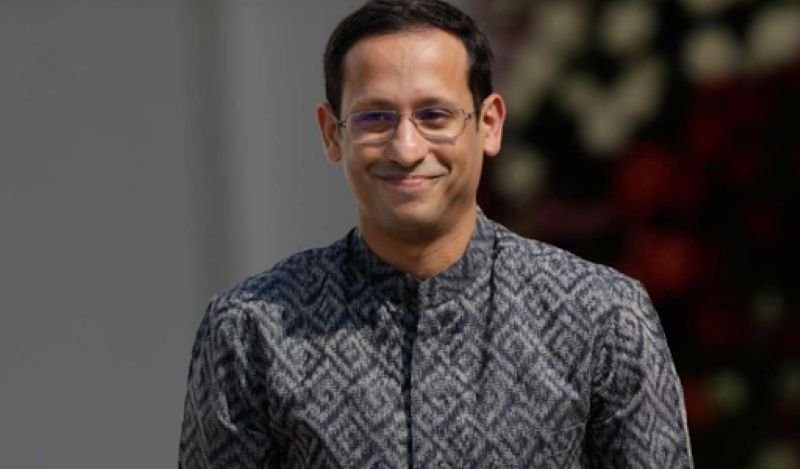Tsai Ing-Wen was the first female president of Taiwan between 2016 and 2024. Born on August 31, 1956 (age 68) in Taipei, Taiwan, she is a politician, lawyer and professor who entered politics in her 40s, after teaching law at universities.
During her presidency, Ing-Wen had to deal with political conflicts that remain unclear to this day. This is due to Taiwan’s current status, considered by China as a “rebellious province” while the Taiwanese claim they have an independent state. Ing-Wen had to overcome all these obstacles, including the involvement of the United States.
Tsai Ing-Wen’s academic background
Tsai is the youngest of eleven children, and she grew up in southern Taiwan before moving to Taipei, the capital of Taiwan. After completing her primary and secondary education, she began a long academic journey, graduating with a bachelor’s degree in law in 1978 at age 22. She then moved to New York, United States, where she attended Cornell University. There, she earned a master’s degree in law, similar to her studies in London, where she pursued another master’s at the London School of Economics, which she completed with a PhD in law.
This broad academic background opened the first doors to her professional career in education. Upon returning to Taiwan in 1984, after finishing her studies, she became a law professor at Soochow University and Chengchi University.
In 2000, her life took a 180° turn. Tsai was recruited by the government and appointed as one of the political advisors to president Lee Teng-hui. The Democratic Progressive Party (DPP) was her first step into politics, the same party that appointed her president of the Mainland Affairs Council. In 2004, the DPP pushed her to become a legislator.
Rise in politics
Her time as a legislator was short-lived, as in 2006 she became vice premier and minister of Taiwan, a role she held for just one year. The reason was that Tsai became the first female president of the DPP, and from that point, she led a restructuring process in the party after its defeat in the 2008 presidential elections.
In 2012, she again ran for the presidency of Taiwan, but the DPP lost once more. This only strengthened her team, and above all, Tsai revitalized the political party. In the meantime, Tsai left the Democratic Progressive Party to pursue the presidency independently, something that lasted only two years, as she rejoined the party in 2014.
From 2014 to 2016, in the lead-up to another presidential race, Ing-Wen gained greater relevance in the DPP, which helped her win the 2016 elections. On May 20, she became the first female president of Taiwan and focused on increasing Taiwan’s autonomy and independence from China.
During her first term, the strongest areas were the economy and social services. Taiwan even outperformed neighboring countries like South Korea or Hong Kong in terms of minimum wage and saw slight economic growth.
Second term
In 2020, the year the coronavirus pandemic broke out, Tsai Ing-Wen once again won with her party, the DPP, and began her second term in Taiwan. The election was again polarized between Taiwan’s independence and the opposing party, the KMT, which had closer ties to China.
In the meantime, the pandemic hit hard, especially in 2021 when a new variant spread across Asia. Nonetheless, Tsai’s government acted quickly, and by that time, more than 80% of Taiwan’s population was vaccinated. On the economic front, Taiwan’s strength lay in remote work. Due to mobility restrictions, the world had to adapt to pandemic conditions, and Taiwan embraced digitalization, which led to a 3% increase in GDP.
Due to Taiwan’s political system, Tsai could not run for a third term, so in the 2024 elections she supported her vice president, who months later was declared president of the territory.
Tsai Ing-Wen’s journey went from modest beginnings to the highest office, and her life did not begin directly in politics. Initially a law professor at various universities, she experienced a life shift when she entered politics through the Democratic Progressive Party, became vice president, and finally rose to the presidency in 2016 after two unsuccessful attempts.







